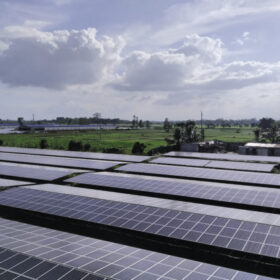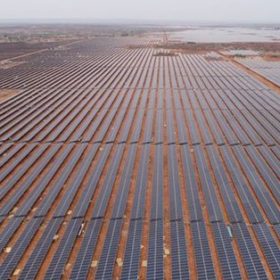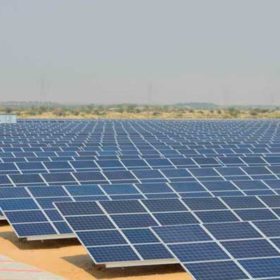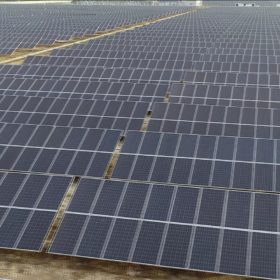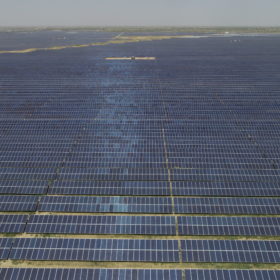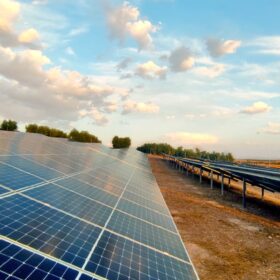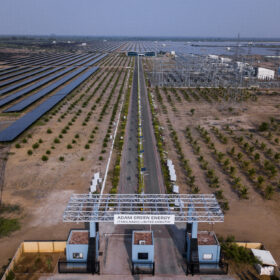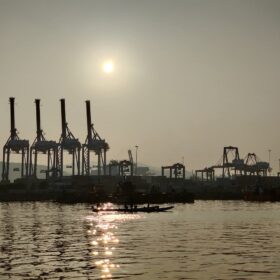Bangladesh’s solar project approvals hit 2.1 GW in 2023
In December alone, the Bangladeshi authorities approved 630 MW of PV projects.
Erisha E Mobility, Gujarat govt sign green hydrogen MoU worth INR 5,000 crore
Erisha E Mobility will set up a green hydrogen ecosystem in Gujarat with an investment of INR 5,000 crore (over $600 million).
Uttar Pradesh to soon emerge as solar energy hub of India: UPNEDA
The Indian state of Uttar Pradesh has solar and other clean energy projects with a total investment outlay of INR 1 lakh crore ($12 billion) in the pipeline.
NLC invites EPC bids for 100 MW solar power project
NLC India Ltd, a mining company under India’s Ministry of Coal, has invited bids to set up a 100 MW solar power project with operation and maintenance for three years. Bidding closes on Jan. 18.
SJVN gets approval for 6 GW of renewable energy JVs
SJVN Ltd will form joint ventures with Maharashtra State Power Generation Co. Ltd and Assam Power Development Co. Ltd to develop 5 GW and 1 GW of renewable energy projects, respectively.
SECI launches 1.5 GW solar tender
Solar Energy Corp. Of India (SECI) has invited bids to develop 1.5 GW of solar PV power projects on a build-own-operate basis. The projects can be located anywhere in India and must connect to the interstate transmission system. Bidding closes on Jan. 31.
Worldwide PV growth set to slow in 2024
The number of PV installations around the world grew by an annual average of 28% between 2019 and 2023, including a 56% jump from 2022 to 2023, according to Wood Mackenzie. Growth is not expected from 2024 to 2028, however.
Major trends in the Indian solar PV sector
The Indian solar PV sector is experiencing transformative trends, driven by a combination of technological advancements, government support, and a growing awareness of the need for sustainable energy sources. The rapid expansion of solar capacity, coupled with innovations such as floating solar farms and green hydrogen production, paints a promising picture for the future of renewable energy in India.
Hinduja Renewables wins 140 MW solar power project in GUVNL tender
Hinduja Renewables will develop 140 MW of solar power projects to supply power under a 25-year power purchase agreement with GUVNL. The project can be located anywhere in India.
Adani Green completes 1,050 MW renewables transfer to TotalEnergies JV
Adani Green Energy Ltd has sold half the stake in its 1,050 MW of renewable energy projects to TotalEnergies, raising $300 million to support the development of these assets. The projects are now owned by a joint venture between the two companies.
